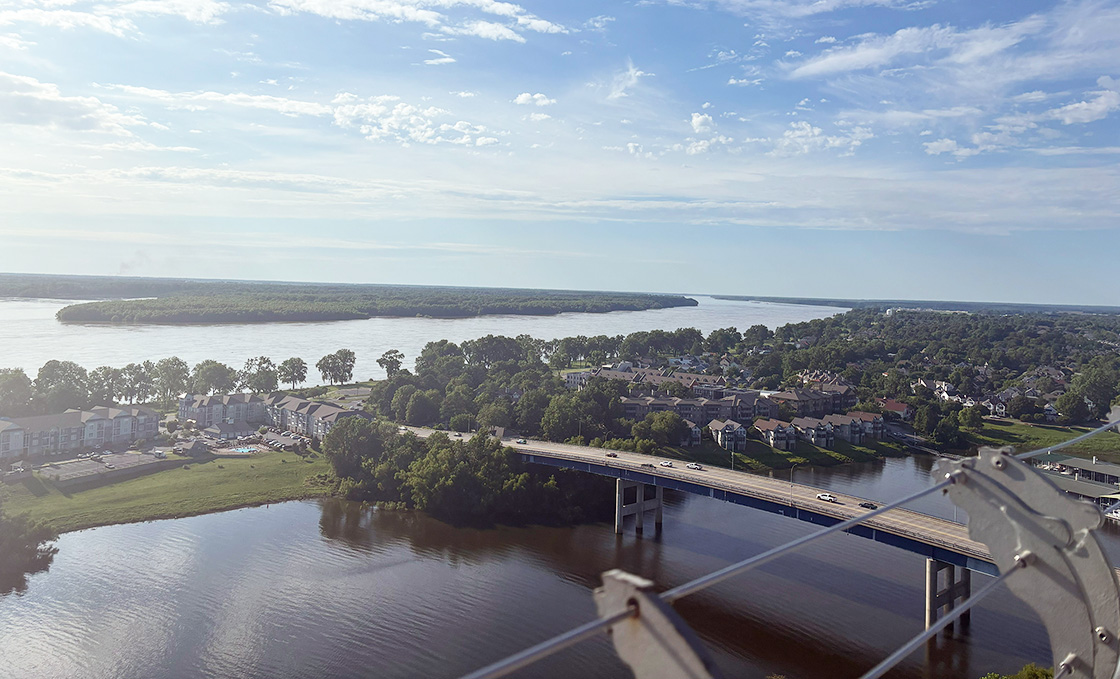See OffersGreece is famous for its nightlife. Among its 1400 islands is Mykonos, which is renowned for its twenty-four-hour party opportunities and vibrant bar culture. Its clear turquoise waters, excellent temperatures and secluded beaches provide the perfect place to relax after a night on the town. Within short distances from the hotels and bars, visitors can be catapulted back to the spectacular setting of some of the world's oldest tales.Today people still visit Greece to experience its ancient legacy.
Away from the busy tourist areas that populate many of the Greek islands, there is a mainland steeped in history, philosophy and culture. A holiday to Athens will allow you to see many ancient sites which still exist in some capacity today and experience the rich past of this world-famous civilisation.

Read more
Important Notice: Introduction of the EU Schengen Entry/Exit System
Please be advised that, effective from 12th October 2025, a new Entry/Exit System (EES) will be implemented for all travellers entering and exiting the EU and Schengen Area.
This digital system will replace the current manual passport stamping process by electronically recording border crossings for UK nationals and other non-EU travellers.
At this time, no action is required from travellers prior to their journey. We recommend reviewing the official government guidance to understand how this may affect your travel arrangements.
For comprehensive information, please visit the official UK Government website:
https://www.gov.uk/guidance/eu-entryexit-system
Important Notice: Introduction of the EU Schengen Entry/Exit System
Please be advised that, effective from 12th October 2025, a new Entry/Exit System (EES) will be implemented for all travellers entering and exiting the EU and Schengen Area.
This digital system will replace the current manual passport stamping process by electronically recording border crossings for UK nationals and other non-EU travellers.
At this time, no action is required from travellers prior to their journey. We recommend reviewing the official government guidance to understand how this may affect your travel arrangements.
For comprehensive information, please visit the official UK Government website:
https://www.gov.uk/guidance/eu-entryexit-system






























































































































































